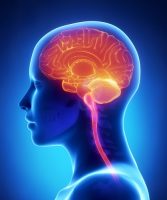
Does Exercising in Hot Weather Cause Earlier Fatigue?
How does exercising in the heat impact your performance? Does it cause you to fatigue more quickly? Find out more about exercising in hot and humid environments, how and why it affects your workout and tips for staying safe and improving performance.









